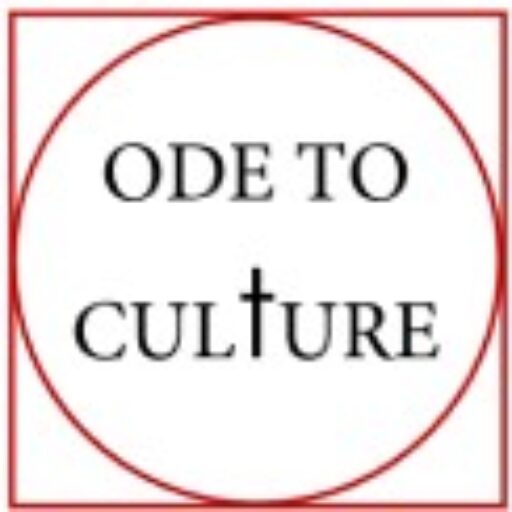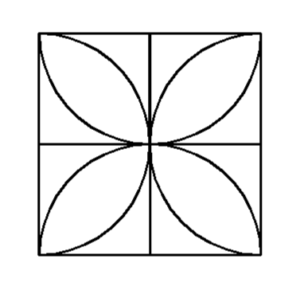Prompt 35: March 1, 2024
We must use words to reduce the meaning of things they represent to communicate, to share ideas, or to think together. The consequence of this is that words lose a lot, and what is lost in them is held by reality. Even to discuss such a thing requires a posture of humility. We know this, and yet the things unsaid, more importantly, the things unknown make up the world we experience and live by. Within any one thing is the infinitude of unknown things that make it up: the particles, the chemical composition, the molecules, the atoms, and even subatomic particles. Of course this scales up, and what we consider to be the world, or even the universe, is necessarily indefinite.
“The world reveals itself to those who walk it.”
-Werner Herzog
Ode to Culture has always been an invitation into creativity by thinking introspectively and how we fit into our culture. The fruits of this project, at least in my life, have shown how true Herzog’s paradox is. The way we live affects our environment by way of our participation in culture. If we do this right, by living at the human scale, we can make good in our culture individually and also in our families, neighborhoods, communities, and beyond. This is no simple thing, nor is it the goal. However, this is the never-ending work before us.
To discuss economy in the same sentence as environment, climate, or ecology evokes a question of balance, that is to assume that they are necessarily at odds. But this is the great lie of humanism; that man is sufficient unto himself, or as stated by the great deceiver, that “you shall be like God, knowing good and evil” (Gen 3:5). What is forgotten by the humanists can easily be remembered by observing a farm, or a garden, or a tree, or a bee. The world is dependent. The great danger in humanism however, is not the rejection of dependence, but the attempt to make culture dependent only on industrial solutions. The recent explosion of hydroponics grow operations is the clearest example of this phenomenon. Instead of planting crops outside, where they participate in the surrounding ecology, they are quarantined indoors, where expensive mechanical solutions replace all the freely available conditions for plant life. LED lighting systems take the place of the sun. Expensive HVAC systems supply ventilated air to the space to increase carbon dioxide. Pumps supply filtered water fed with chemical “nutrients” to the plants to prevent them from rooting into soil; thus forcing the harvester to dirty his hands. When people are so far removed from the natural world, we’ll develop ways to save space by rejecting the world altogether. This arrogance doesn’t stop at vegetable farming.
The mechanical means by which we propose to escape the human condition only extend it; thinking to transcend our definition as fallen creatures, we have only colonized more and more territory eastward of Eden.
-Wendell Berry, Two Economies
The counter to the humanist delusion is that man is not the center of the universe. Even materialists can admit as much. We are creatures. As such, we have a need for other creatures and our creator to live. These needs are both ecological and economic. Take this prompt to be vigilant of your choices and of the other creatures around you. Think about your home economy. When does your dependence on industry limit your affection for your environment? What causes industry to force people out of the economy?
The thread is open. Create boldly, and may the Spirit guide us all
Notes:
Here are the working definitions to a few loaded words that are carrying weight in this discussion. I have tried to reduce the definitions of these few words in order to narrow us all in on the discussion at hand and to avoid slipping into the political connotations that poison the mind.
the world – Everything
Nature (creation) – The proportion of the world left unmanaged by industry
Environment – The setting of any subject, surroundings
Man(kind) – Humanity with its various cultures, virtues, and sins
Culture – The manner in which people understand how to live
Climate – The ever-shifting constant of seasons and weather over a place.
Industry – The force of cultural will, systematizing our environment
Humanism – The ideology that sees humans as the center of the world
Energy – The capacity to do work (physics definition)
Economy – The totality of choices
Ecology – The study of biological interactions

